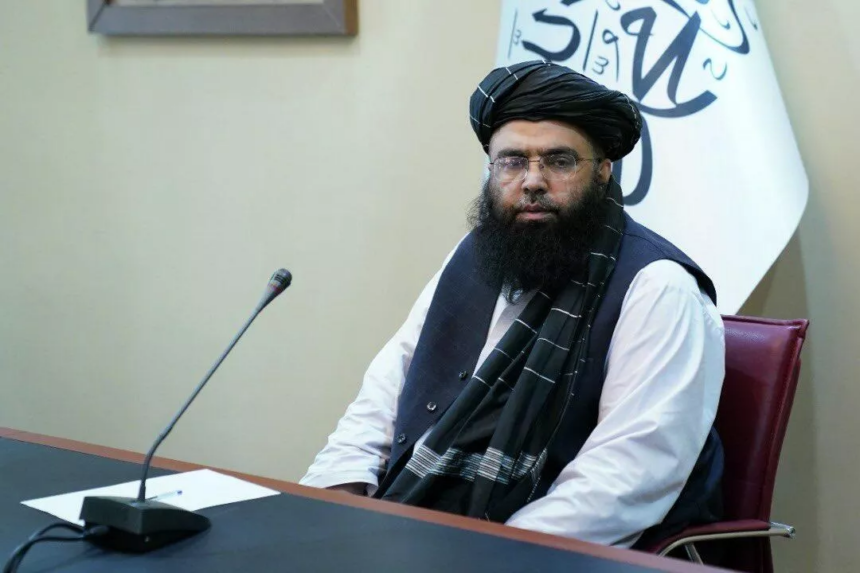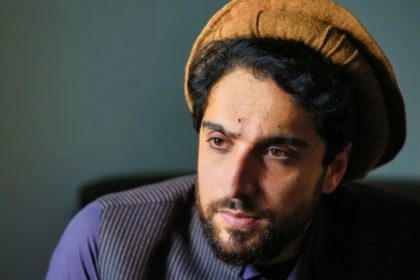RASC News Agency: A week has passed since Abdul Kabir, the Taliban’s deputy prime minister for political affairs, was dismissed and reassigned as Minister of Refugees. However, according to two sources within the Taliban administration, Kabir remains stationed at the Sapaidar Palace and has yet to report to the Ministry of Refugees to assume his new responsibilities. Mullah Hibatullah Akhundzada, the Taliban’s supreme leader, has not yet appointed a successor to Kabir for the position of political deputy premiership. The Taliban government currently has three deputy prime ministers, overseeing administrative, economic, and political affairs. These roles are held by Salam Hanafi, an ethnic Uzbek; Mullah Abdul Ghani Baradar; and Mawlawi Abdul Kabir, both ethnic Pashtuns. Notably, no prominent Tajik or Hazara figures are represented in leadership positions within the Taliban hierarchy. According to insiders, Hazara representation has been ruled out due to the group’s sectarian ideology.
Internal sources reveal that the Taliban leadership has come to recognize the exclusion of a prominent Tajik or Persian-speaking figure as a critical weakness of their regime. These sources affirm that the historical significance and dominant presence of Tajiks in Afghanistan have made their marginalization a major obstacle for the Taliban. Furthermore, it has become evident over the past three years that Tajiks are the Taliban’s most formidable political and ethnic rivals. Mawlawi Abdul Kabir, however, was far from an ordinary deputy. During the period when Mullah Hassan Akhund disappeared from public view, Kabir was appointed acting prime minister, effectively becoming the most influential figure within the Taliban’s Kabul-based administration. His apparent refusal to accept his reassignment as Minister of Refugees, despite being regarded as a moderate Taliban leader with global awareness, has fueled speculation about his dissatisfaction with this demotion and hints at internal discontent.
Abdul Kabir, once a trusted deputy prime minister, appears to have fallen out of favor with Mullah Hibatullah. His abrupt and humiliating removal from the Taliban’s leadership circle underscores the unpredictability of Hibatullah’s leadership decisions. As Mawlawi Abdul Kabir’s removal becomes official, attention now shifts to the question of his replacement. Among the potential candidates, the possibility of appointing a Tajik deputy cannot be dismissed. Several individuals from the Tajik community are being considered for what would likely be a symbolic position within the Taliban administration. Among them, the name that stands out most prominently is Mawlawi Shamsuddin Shariati, the General Director of the Office for Monitoring and Oversight of the Taliban Leader’s Decrees.






